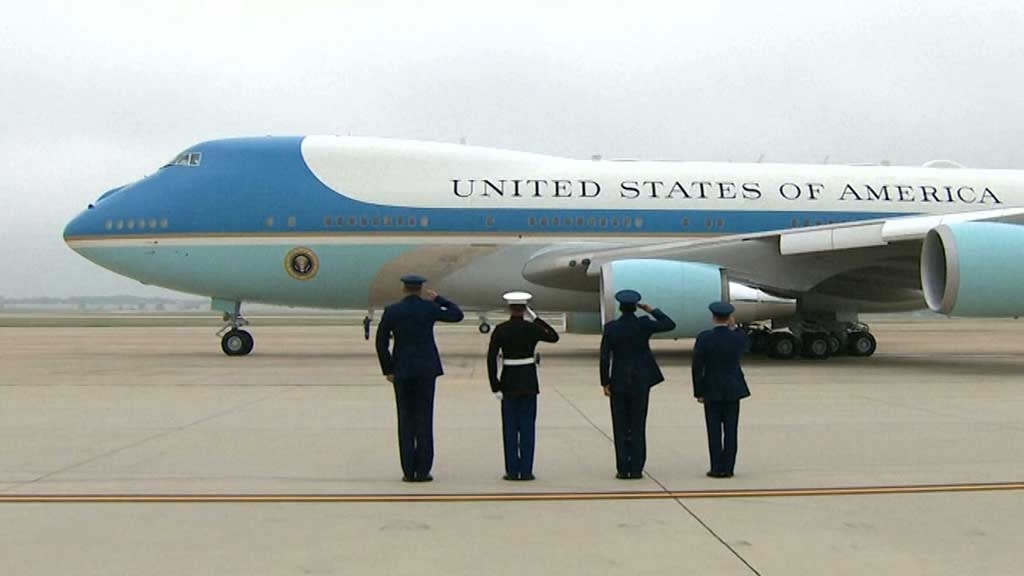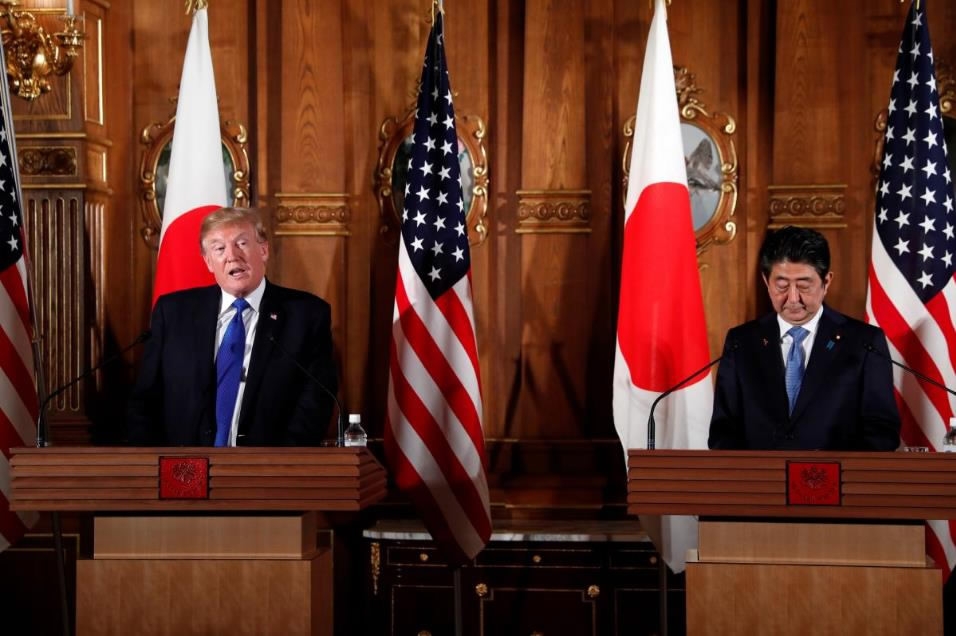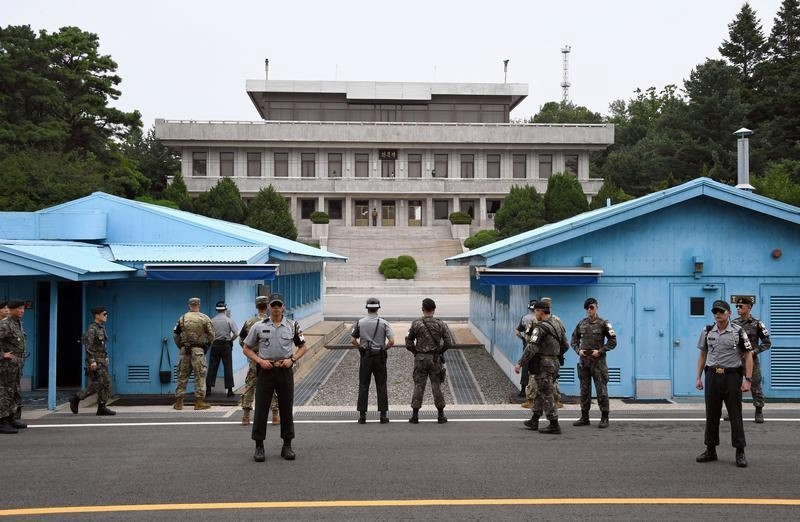
Politics
08:34, 07-Nov-2017
As Trump tours Asia, essential policy posts remain unfilled
By Jessica Stone

President Trump is making his first trip to the Asia Pacific without many of the typical staff positions filled. So what does that communicate to leaders in Southeast Asia? And what other impacts does that have?
For his longest foreign trip as US President, Donald Trump isn’t taking a big policy-making entourage along for the ride.
Ten months into his presidency, Trump is still formulating his strategies for the Asia-Pacific. Much like his predecessor, Barack Obama, Trump is taking his time.
In fact, it wasn’t until three years after he won the White House that Obama announced his so-called “pivot” to Asia.
And yet in Trump’s administration there are many open positions for a region that is supposed to be a US priority. Trump has yet to appoint US ambassadors to Australia and the Republic of Korea. Top Asia policy jobs in defense and diplomacy also remain vacant.

US President Donald Trump holds a press conference with Japanese PM Shinzo Abe in Tokyo, November 6, 2017. /Reuters Photo
US President Donald Trump holds a press conference with Japanese PM Shinzo Abe in Tokyo, November 6, 2017. /Reuters Photo
Asia expert Cheng Li of the Brookings Institution said that’s a problem.
“Look at the history. Nixon had Kissinger, Jimmy Carter had Brzezinski, and Bush Jr. had Hank Paulson,” Li explained. “So they all play important roles. You need to have one person to coordinate this policy.”
Trump has no such coordinator for Asia affairs. Li points out that, so far, three different officials have spearheaded economic initiatives between the US and China.
Sam Zhou of the Center for China-US Cooperation recalled when US Secretary of State Rex Tillerson first visited Beijing in March, the size of the Chinese delegation eclipsed the American one.
“There’s an imbalance. So that’s why I think both China and the US should be aware of this situation,” he said. “[Trump] does not have enough personal knowledge on the foreign policy front, so he has been influenced a lot by the interests of foreign leaders.”
Without a policy team, Trump appears to be making decisions based on personal relationships with Chinese President Xi Jinping and Japanese Prime Minister Shinzo Abe.
But unlike Obama’s more comprehensive Asia “pivot” framework for US policy in the region, the Trump Administration has more narrowly focused on two issues: denuclearizing the Korean Peninsula and bilateral trade.

Reuters Photo
Reuters Photo
At least one of those issues – DPRK’s weapons program – will likely come up in Trump’s two major speeches in Asia: one to the Republic of Korea’s National Assembly and the other to Asia-Pacific CEOs in Vietnam.
As important as these issues are, will Trump assemble a team of specialists to guide him by the time he boards Air Force One for Asia? Probably not. And that might not even concern him.

SITEMAP
Copyright © 2018 CGTN. Beijing ICP prepared NO.16065310-3
Copyright © 2018 CGTN. Beijing ICP prepared NO.16065310-3